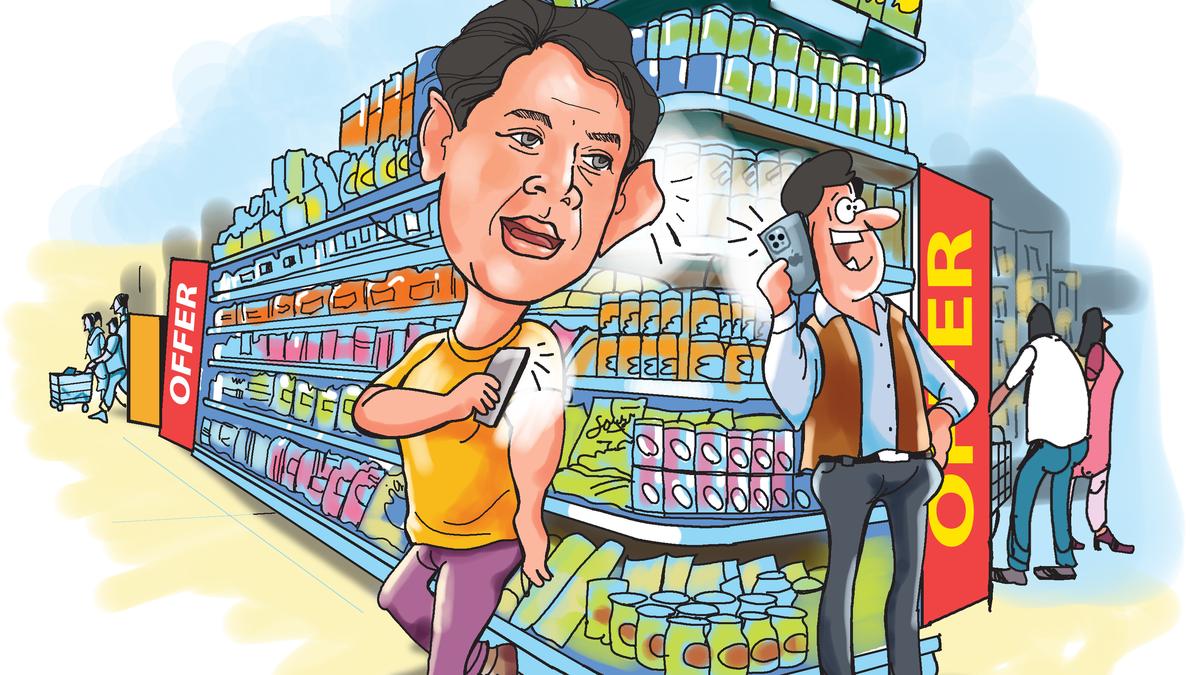
Cyrus Broacha’s investigative report on why SoBo folks don’t vote
The Hindu
Here are five reasons gathered by eavesdropping and recording their conversations
Although, I have no data to support the fact that anyone out there has actually read my two consecutive columns, I need to give some finishing touches to the last article. I left you, dear reader, on a knife-edge. Waiting with bated breath to see how things unfolded on May 20, or polling day, or as South Mumbaikars called it, a holiday.
Now, as you know, South Mumbai has a reputation for having the lowest voter turnout in the country. Half of the constituency wants to change the image, and is willing to do anything without actually voting. The other half is happy with this legacy, and as proud torch bearers want to maintain this record with dignity and self respect and, pass it forward to the next generation.
As one of the only four genuine investigative reporters left in the country, (bear in mind, one is on maternity leave, and two were lost in the last Kumbh Mela), I feel, the need of the hour is for me to find out what ails South Mumbai’s voters? For this, I took on the arduous task of interviewing and understanding a South Mumbaikar’s mind. (Mind you, that should read a collection of minds, not just one collective mind, please infer from this as you will).
Anyway, coming back to my investigation, I decided to interview and store data of over 300 South Mumbaikars, from all walks of life. The whole gamut of society — from the very rich, the very seriously very rich to the extremely very seriously very rich, who are so rich, they make the very rich appear very poor, relatively speaking. However, I couldn’t get past their drivers, and so I abandoned the plan. I then took up plan B, which meant standing close to fellow citizens, without coughing loudly, (that would cause the South Mumbaikar to flee — ever since the pandemic, coughing is feared more than earthquakes or bridges), and recording their conversations with one another. Oh, and since they rarely talk to one another, it was more like listening to their complaints on the phone to their mothers.
Reader, please note, the South Mumbaikar animal tends to live with his mother, as a rule. Here’s where I struck gold.
The complaints came thick and fast. Some of course didn’t make sense, such as, ‘Jigna wants a lift, I better leave fast’, or, ‘why does Shweta have henna on at 9 a.m.’? However, many comments, however, actually did, and here’s the list I’ve made of the five most-popular reasons voiced about the voting process that proved as deterrents to the once-courageous South Mumbai Mammal. (I’d say amphibians, but no Mumbaikar, north or south swims in the sea).
That’s my complete investigative report, I hope the election commission and other organisational bodies take cognisance of these facts, and redress the grouses laid bare. Let’s get the South Mumbaikar out of his house.

We know birds, animals and insects constantly communicate with each other by making certain sounds. But when we think about plants, we do not ever think of them communicating. Charles Darwin, an eminent biologist, thought otherwise. Plants might appear the quiet, silent and solitary type of organisms but they have a complex way of communicating which is interesting and important for their survival.

Podcasts have become our best friends, especially during the Covid-19 pandemic. Whether you are cooking, sketching or going on an evening walk, there is a show that matches your mood. From horror tales to informative conversations to just two friends talking about anything & everything relatable, podcasts have become a part of our lives unknowingly. Over the years, more voices have joined this audio landscape and filled it with stories that resonate with our lives. Podcasts serve as a reminder that everyone has a story worth telling and listening to!









